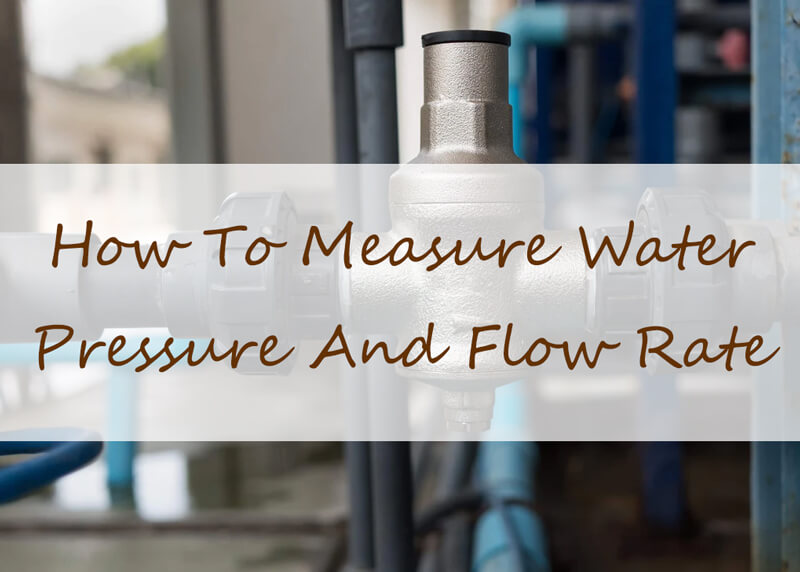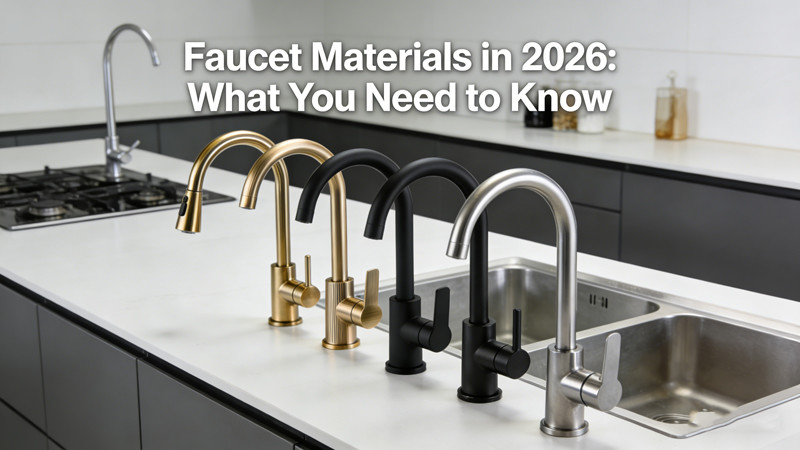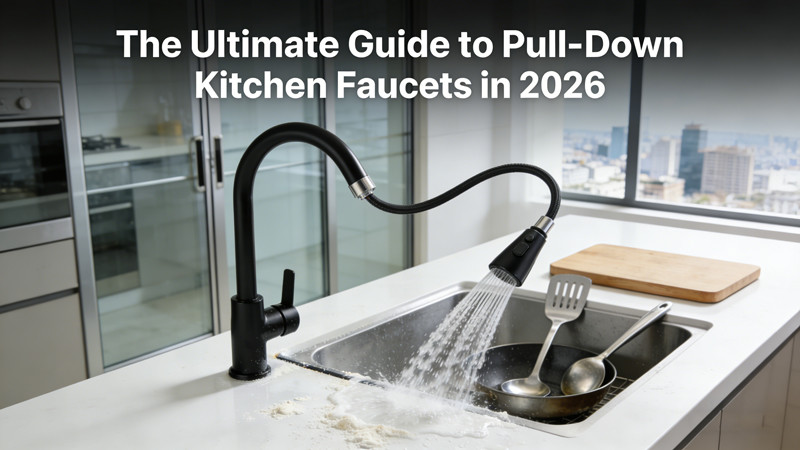
Water pressure and flow rate are important factors to consider when it comes to water systems. Whether you’re trying to figure out why your showerhead isn’t providing enough pressure or you’re looking to optimize your home’s water usage, it’s essential to measure water pressure and flow rate accurately. So, how to measure water pressure and flow rate? In this post, we’ll go over some methods you can use to measure water pressure and flow rate, as well as why these measurements are important.
Why Measure Water Pressure and Flow Rate?
Water pressure is the force at which water is delivered through a pipe, while flow rate is the amount of water that flows through the pipe per unit of time. Both of these factors are important for a variety of reasons.
For example, low water pressure can indicate a blockage in your pipes or an issue with your water supply. High water pressure can put a strain on your plumbing system, leading to leaks and other damage. Similarly, measuring your flow rate can help you identify leaks in your pipes or optimize your water usage to reduce waste and save money.
How to Measure Water Pressure
Measuring water pressure is relatively simple and can be done with a pressure gauge. Here’s how:
Step 1: Turn off all water sources in your home, including faucets, showerheads, and appliances that use water.
Step 2: Locate your home’s main water valve, which is usually located near the water meter. Turn off the valve by rotating it clockwise.
Step 3: Attach the pressure gauge to an outdoor faucet or a washing machine valve. Make sure the gauge is securely attached and that there are no leaks.
Step 4: Turn on the main water valve slowly and allow the water to flow until it stabilizes.
Step 5: Read the pressure gauge. The gauge should give you a reading in pounds per square inch (psi).
The ideal water pressure for most homes is between 40 and 60 psi. If your pressure gauge reading is outside this range, you may need to adjust your water pressure regulator or call a plumber to investigate.
How to Measure Flow Rate
Measuring flow rate is slightly more complicated than measuring water pressure, but it’s still a relatively straightforward process. Here’s how:
Step 1: Turn off all water sources in your home, including faucets, showerheads, and appliances that use water.
Step 2: Locate your home’s main water valve, which is usually located near the water meter. Turn off the valve by rotating it clockwise.
Step 3: Attach a flow meter to an outdoor faucet or a washing machine valve. Make sure the flow meter is securely attached and that there are no leaks.
Step 4: Turn on the main water valve slowly and allow the water to flow until it stabilizes.
Step 5: Read the flow meter. The flow meter should give you a reading in gallons per minute (gpm).
The ideal flow rate for most homes varies depending on the size of the household and the number of appliances that use water. A flow rate of 2.5 gpm is standard for most showerheads, while a flow rate of 1.5 gpm is standard for most faucets. If your flow rate is significantly lower than these standards, you may have a leak in your pipes.
Final Thoughts
Measuring water pressure and flow rate is an essential part of maintaining your home’s water system. By following these simple steps, you can get an accurate reading of your water pressure and flow rate and identify any issues that may be affecting your plumbing system. If you’re unsure about how to measure water pressure or flow rate, don’t hesitate to call a professional plumber for assistance. With a little bit of knowledge and the right tools, you can keep your home’s water system running smoothly for years to come.
 WOWOW Faucets
WOWOW Faucets




